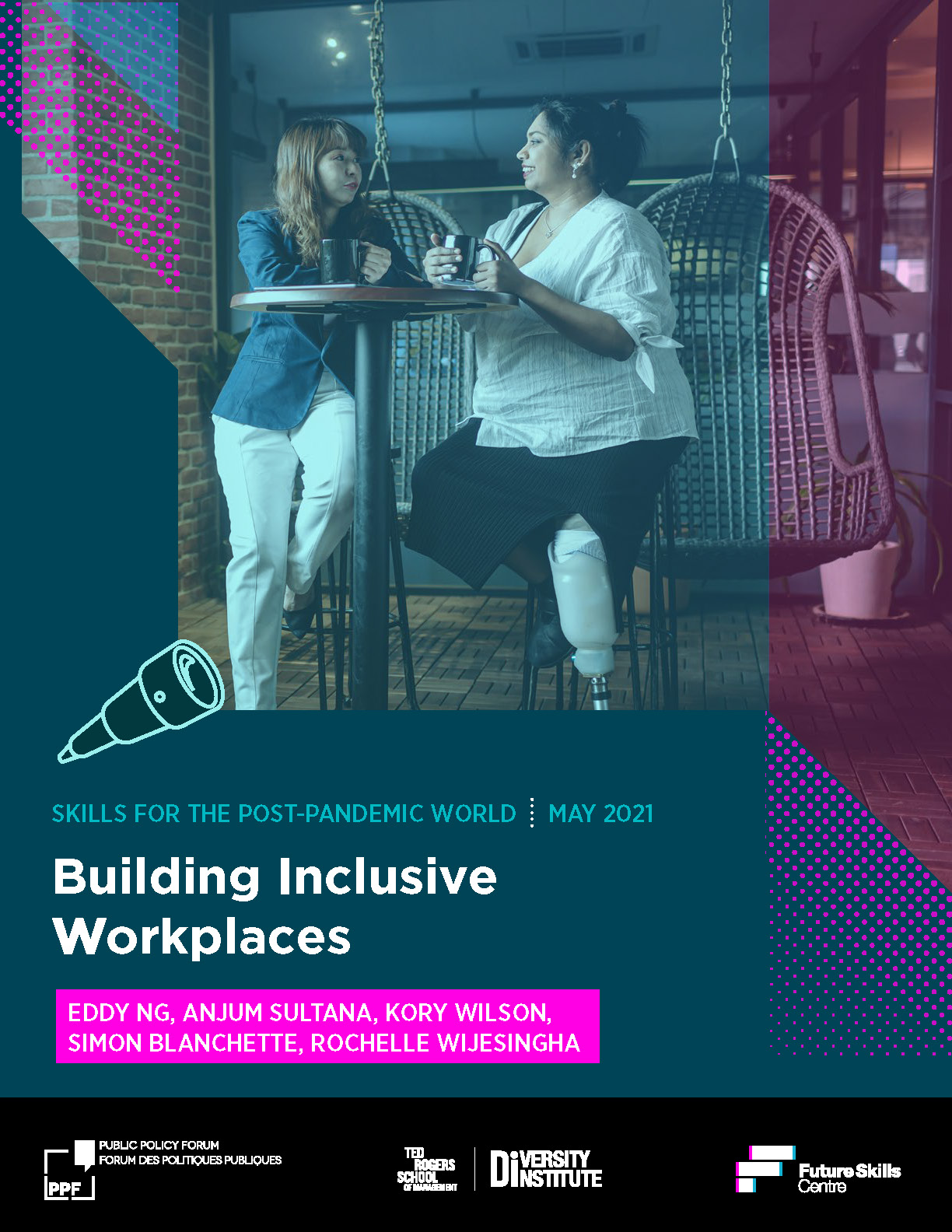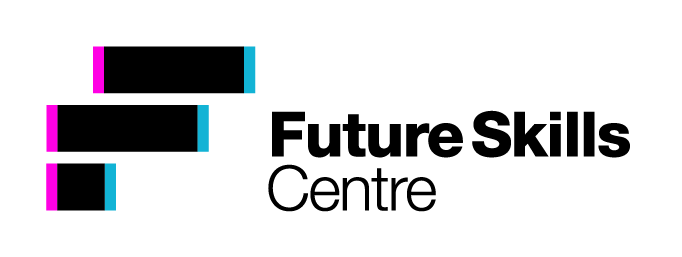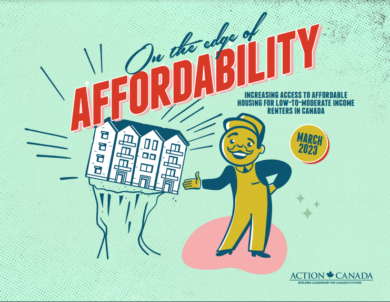
Building Inclusive Workplaces
Series | Skills for the Post-Pandemic WorldKey Takeaways
- The effects of COVID-19 have been uneven when it comes to Canada’s industries and workforce and, so far, we are seeing a K-shaped recovery where some sectors are recovering very well while others are doing markedly worse.
- Pandemic responses have had uneven impacts, deeply affecting access to education and training opportunities for members of some disadvantaged groups. This has had, and will continue to have, consequences for well-being, mental health and skills development and utilization during the recovery period and beyond.
- Retraining will be crucial as some sectors will forever be altered by the impacts of the pandemic. But pre-existing systemic barriers, exacerbated by the pandemic, may prevent many Canadians from acquiring and effectively utilizing skills for which demand is growing, such as digital skills, soft skills, and leadership and management techniques made more relevant for a world of ubiquitous remote work.

EXECUTIVE SUMMARY
COVID-19 has disrupted many industries. Jobs in some sectors have been lost forever, while other sectors have gone through significant changes with new jobs now emerging. What has emerged from the pandemic thus far is a “K-shaped” recovery where some businesses and industries are recovering quickly — or have already fully recovered – while others are still struggling. In some areas, such as for many small and medium-sized enterprises (SMEs) – and particularly for firms in the hospitality, retail and entertainment industries – the impact has been deep and threatens to be lasting. This report explores many of the factors underlying these divergent realities, including sectoral and industry differences, and pays special attention to those factors that have resulted in members of diverse groups being disproportionally impacted. More specifically, this report aims to explore how COVID-19 has exacerbated barriers to skills development, upskilling, reskilling and skills utilization faced by women, Indigenous peoples, racialized people, young people and persons with disabilities.
While the dominant discourse on the skills gap focuses mainly on the shortcomings of workers, the evidence shows that, in many cases, workers with the needed skills are out there, but that systemic discrimination, exclusionary policies and practices, make it hard to see them, leaving employers looking for skills in all the wrong places. We need to examine the levers — policies, programs and incentives — available to encourage employers to set targets and develop and implement effective strategies, policies and practices to advance diversity and inclusion in the workplace. We also need to narrow our focus on these areas, especially considering that the economic impacts caused by COVID-19 may be with us for some time. This report highlights the skills needed and barriers that exist to accessing skills training within the context of the pandemic. It closes by exploring what can be done post-COVID-19 to overcome these barriers.
Thank you to our partners

Skills for the Post-Pandemic World series is funded by the Government of Canada’s Future Skills Program
With support from











